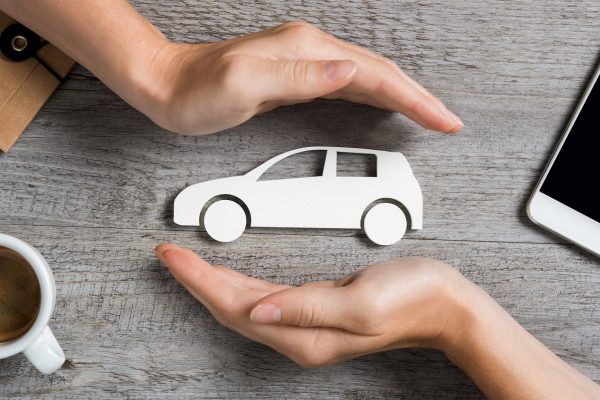Author: Dennis Chapman
Published: January 1, 2009
Reading time: 1 minute
This article is 17 years old.
Read our disclaimer keyboard_arrow_down
This website content is intended as a general guide to law as it applies to the motor trade. Lawgistics has taken every effort to ensure that the contents are as accurate and up to date as at the date of first publication.
The laws and opinions expressed within this website may be varied as the law develops. As such we cannot accept liability for or the consequence of, any change of law, or official guidelines since publication or any misuse of the information provided.
The opinions in this website are based upon the experience of the authors and it must be recognised that only the courts and recognised tribunals can interpret the law with authority.
Examples given within the website are based on the experience of the authors and centre upon issues that commonly give rise to disputes. Each situation in practice will be different and may comprise several points commented upon.
If you have any doubt about the correct legal position you should seek further legal advice from Lawgistics or a suitably qualified solicitor. We cannot accept liability for your failure to take professional advice where it should reasonably be sought by a prudent person.
All characters are fictitious and should not be taken as referring to any person living or dead.
Use of this website shall be considered acceptance of the terms of the disclaimer presented above.
New EU rules (called Rome II) came into effect on 11 January 2009 which may have implications for cases involving negligence and other non contractual issues, called Torts.
Negligence is just one of the actions in law but is likely to be the one affecting the motor trade the most. The effect of the change is that the law of the country where the damage occurred rather than where the events giving rise for the tort occurred.
As an obvious example; A garage could repair a car in this country. The work may be carried out negligently eg sump plug not tightened properly, brakes not set back in properly. The customer may travel abroad and break down while away. The law of that foreign country will then take precedence.
There is however a solution…
Lawgistics advice is that by including a term in your contracts you can agree which law should apply in such cases.









